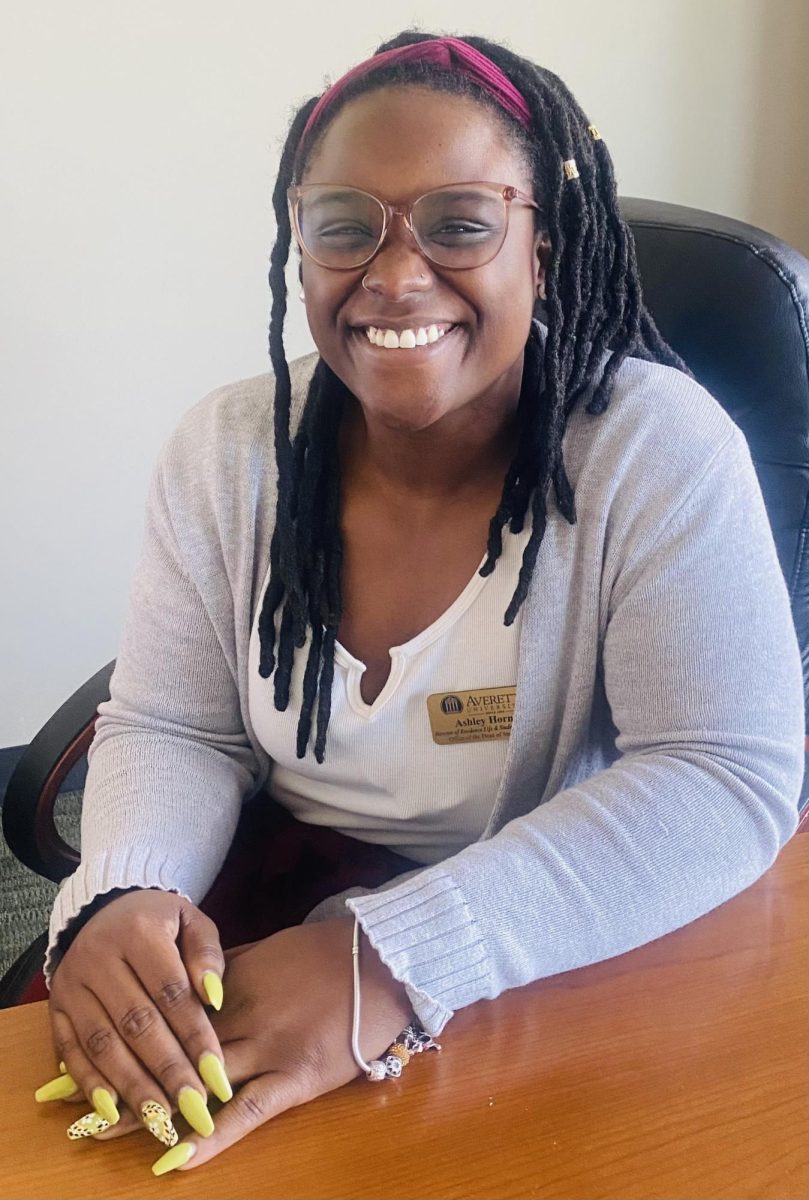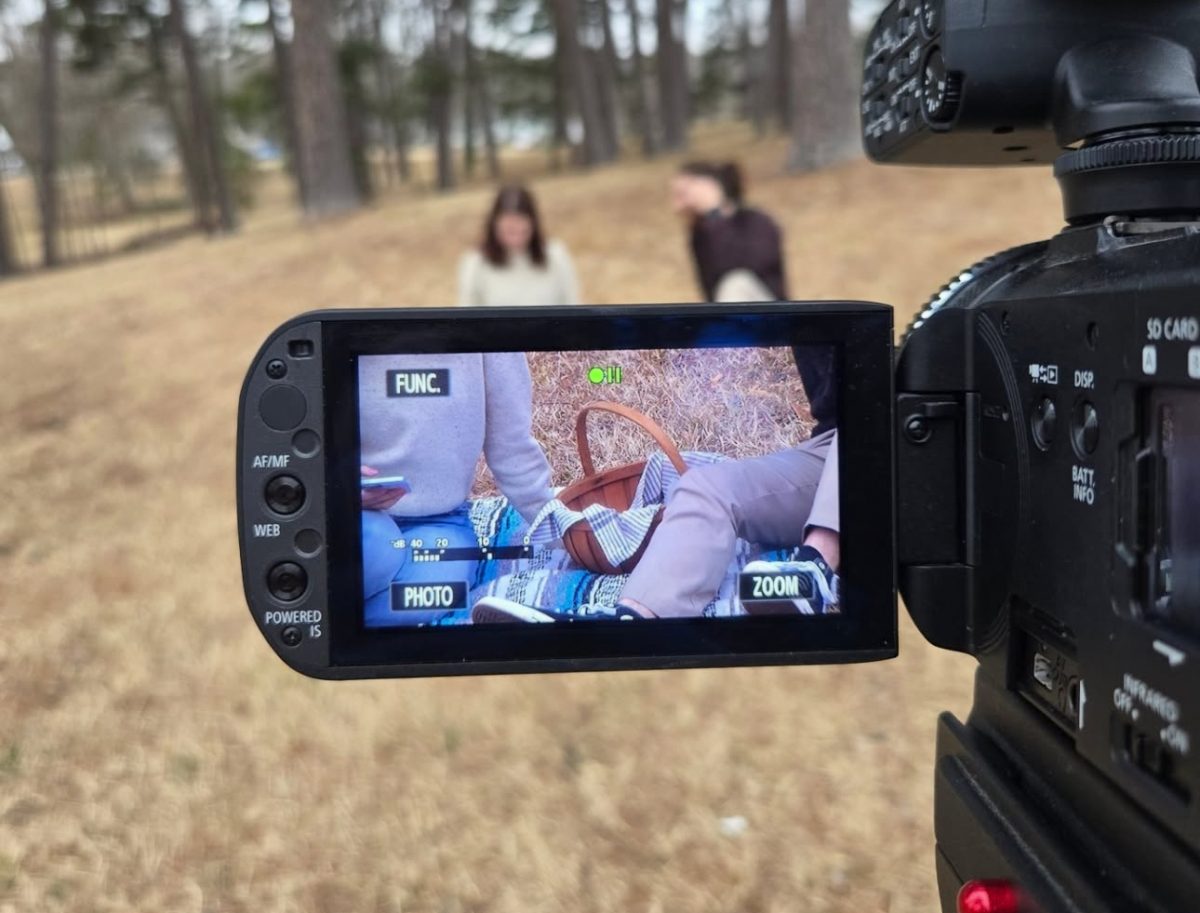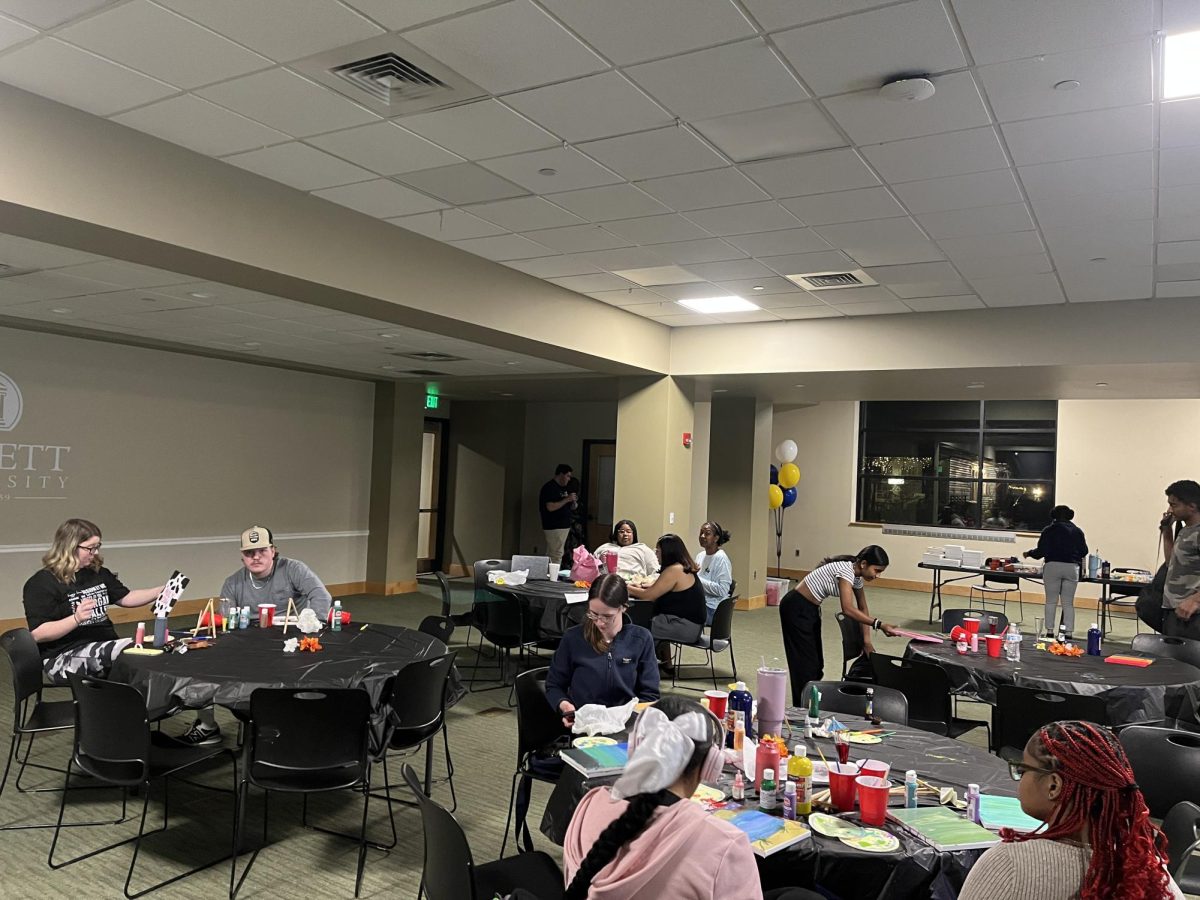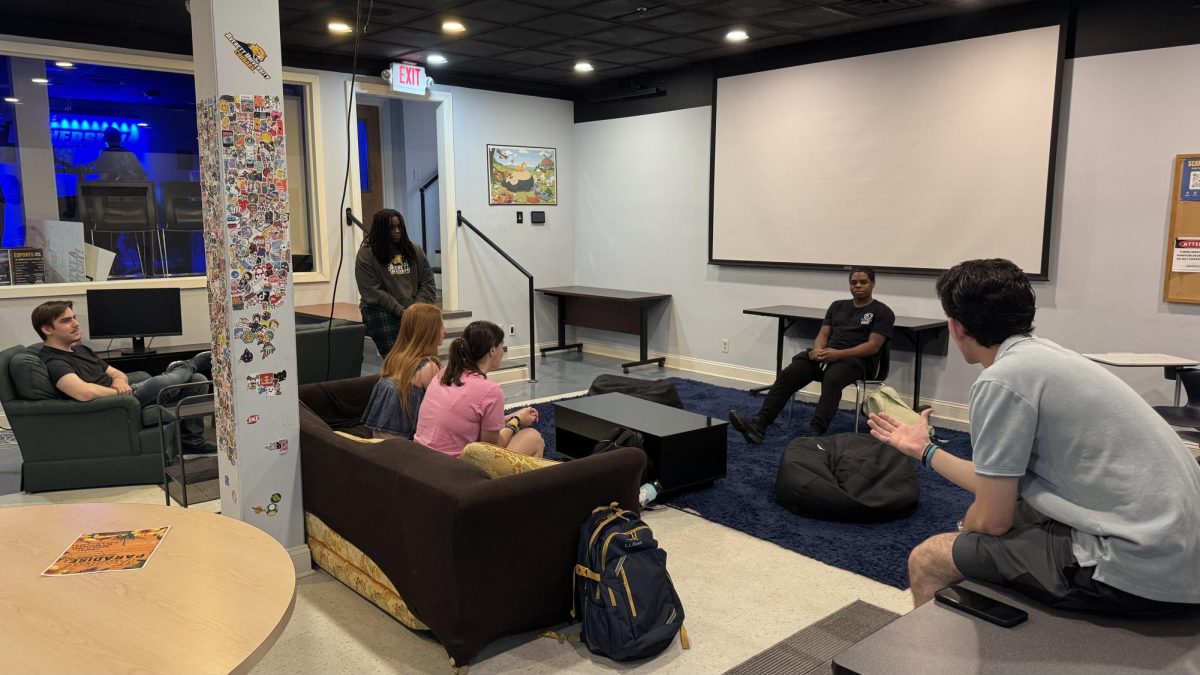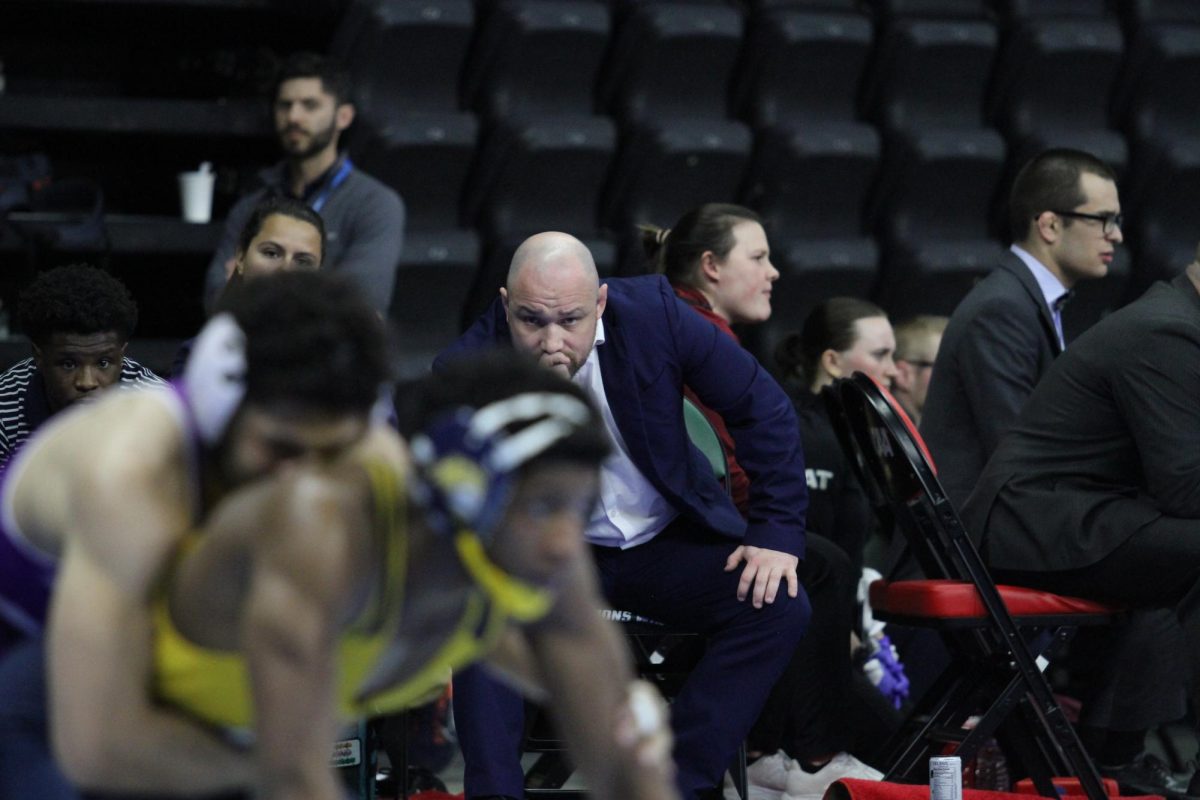Tips to Cope With the Stress of Online Classes and Quarantine
April 22, 2020
The sudden switch to online classes has left us all reeling and struggling to manage both school and home life, but making the most of it is the best solution as of right now.
Advice from the Assistant Director for Academic Support, Holly Kilby, is to utilize a planner, whether it be paper/pencil or digital and to communicate with your professors.
“Planners can help you track assignment due dates, as well as quiz and exam dates,” Kilby said. “You can also visualize and plan study hours so you are not overwhelmed.”
Distractions are common when you’re at home, and even more so when you’re quarantined and trying to complete assignments.
“I would encourage students to have their own study nook/space that is separate from distractions; distractions include the bed, television, and high traffic areas of the home,” Kilby said.
The Student Success center is still providing tutoring support through Zoom if any students are interested you can arrange for a Zoom tutoring session by emailing [email protected]. If you have a paper, you can email it to [email protected] for constructive feedback.
During this time the Director of Counseling Services at Averett, Joan Kahwajy-Anderson, and Jessie Henderson, resident in counseling, have several suggestions to relieve stress during the quarantine.
“It’s very important to get some exercise while still adhering to the CDC recommendations for keeping safe, social distances. Going for walks or runs and getting some sunshine are good ways to de-stress,” Kahwajy-Anderson said. “Using deep breathing practices and including meditation and prayer can significantly reduce stress.”
There are several free apps that students can use to help with keeping up these practices. The counseling center suggests using one they previously have used, called CALM.
“Also, eating healthfully can reduce stress. Limiting simple carbohydrates (white foods like sugar, white bread, pasta that’s not whole grain, etc.) and, instead, eating whole grain foods, fresh or frozen fruits and vegetables and low fat protein sources, vitamins C, D and B complex are ways to help the body stay healthy and de-stress,” Kahwajy-Anderson said.
She also suggests to limit the amount of news that’s heard and limit the amount of time on social media, as well as getting plenty of sleep and rest to de-stress.
Social distancing can be the most stressful part of the quarantine, and makes it harder to keep up with friends and family.
“Using such opportunities as Zoom, FaceTime, Snapchat, Google Hangout, texting and other means can help to limit feelings of isolation,” Kahwajy-Anderson said. “A creative use of some of these platforms is for students to take a walk and invite someone to join them virtually.”
They also suggested that it’s important to cultivate gratitude as well.
“Being grateful for the myriad blessings around us is good for one’s spirit and it helps to maintain one’s positive mood. That can only be good news for one’s immune system as well.”
The Counseling department would like students to know that they are available by phone or through a confidential audio/visual platform called Doxy.me. Students can send an email to Kahwajy-Anderson at [email protected] or to Henderson at [email protected].
They also encourage students to “check in” with themselves in order to identify their emotions and their needs at any given time. In addition, students are encouraged to be attentive to the needs of others as well, whether it’s to make a phone call, send an email or an invitation to “meet up.”


